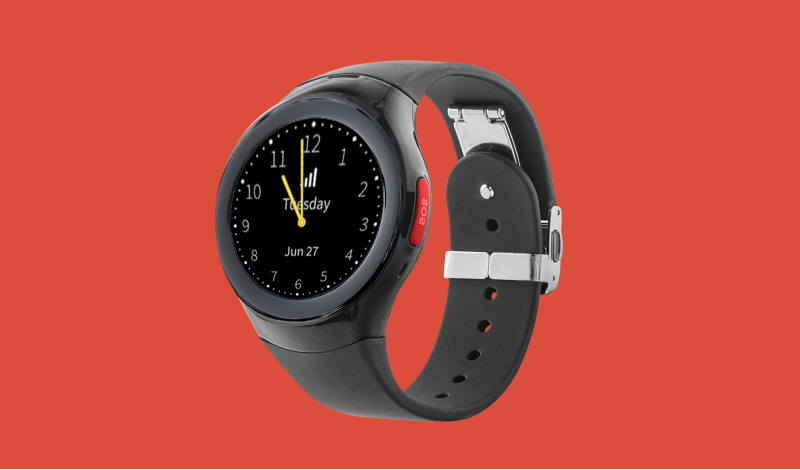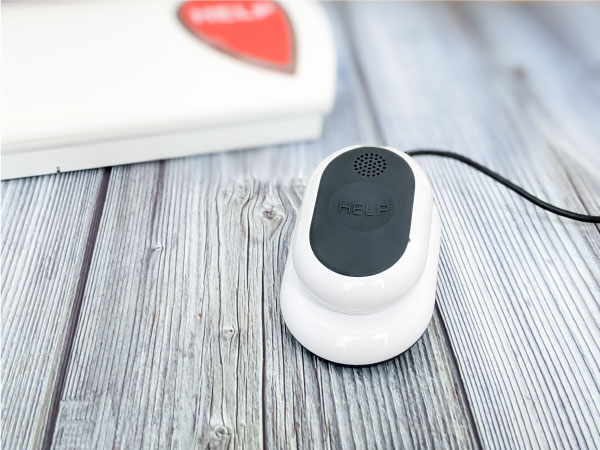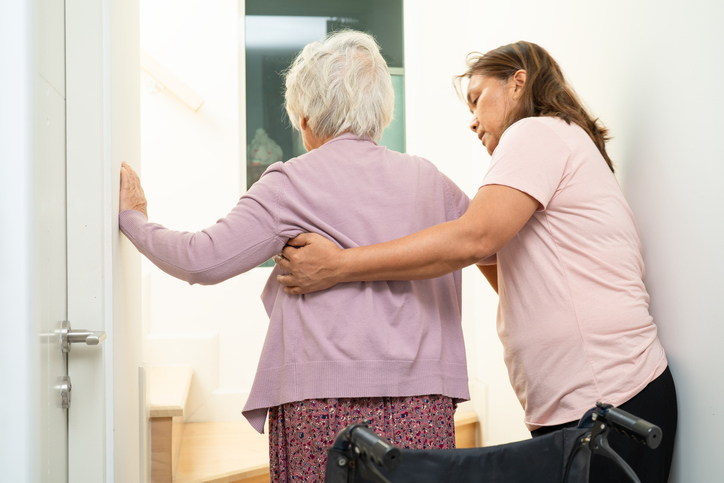The right medical alert system can provide family caregivers peace of mind, knowing that their senior loved one has a way to immediately contact help if they have fallen or are in another type of emergency situation. For older adults, the right medical alert system can enhance confidence and support them as they continue to age in place for as long as possible.
However, how can you find the right medical alert system? There are so many options that it can be easy to get overwhelmed or even frustrated during the decision-making process. Here are a few commonly asked questions that might help you better understand how to choose a medical alert system, as well as how to pay for it.
What are medical alert systems?
A medical alert system is a system that connects the user with operators who can contact family members or emergency personnel. A system can include wearables, like a pendant or watch.
Does Medicare pay for medical alert system costs?
Most family caregivers and their senior loved ones are looking for ways to offset the costs of a new service or system. While Medicare does not currently pay for medical alert systems, you might be able to take advantage of some Medicare Advantage plans that offer discounts for medical alert systems or services.
How can I offset the costs of medical alert systems?
In addition to exploring discounts provided by your Medicare Advantage or other private insurance policies, you might also look into submitting the costs to your Flexible Spending Account, or FSA, if you have one. In addition, many medical alert companies do offer specials that can reduce the initial cost of the system.
What if my loved one won’t wear a pendant?
A pendant is only one option for older adults who have a medical alert system. While a pendant is a traditional choice and has the easy-to-use emergency response button, you can find systems that have other choices, like the button on a bracelet, smartwatch, or belt loop.
Is a medical alert system necessary if there are family members who check in with my loved one daily?
We love to see seniors who are fortunate enough to be supported by family members or friends who live close by and who can check in daily. However, medical alert systems are there to help out 24 hours a day, 7 days a week. This means that if your loved one has a visitor who leaves at 8 pm, they might not have another visit for 12-24 hours. If they fall during that time frame, such as midnight, they might be without support or assistance for hours.
Does my loved one need to have a landline to get a medical alert system installed?
No! While a landline installation was certainly more popular a decade ago, today’s medical alert systems are available to connect with cell service. If your loved one does have a landline, you will have the option of choosing which suits them best: a system connected to the landline or to cell service.
Is my loved one a good candidate for a medical alert system?
Medical alert systems can benefit many older adults, including those who tend to stay at home for most of the day and those who are active and get out and about multiple times daily. If your loved one has a history of falling, is living with a new diagnosis that makes them feel anxious or fearful, or if they would benefit from a little extra peace of mind, a medical alert device would be an excellent solution.
What is fall detection?
If your loved one falls, they can press the button on their medical alert device in order to be connected to an operator. But what happens if that fall causes them to lose consciousness or to be unable to press that important button? Fall detection technology is technology embedded in the user’s device that senses when a fall might have occurred. The device will ask the user if they are okay, and if the user does not respond, operators can contact emergency personnel to follow up quickly.
How can I make the best choice for my loved one?
Fortunately, there are many options to choose from when it comes to medical device systems and companies. While this can initially feel overwhelming, it is wonderful to be able to compare and contrast solutions in order to find one that will suit your loved one’s needs, preferences, and budget. Begin by comparing and contrasting different systems and devices in order to determine which would be best for your loved one now and in the future.
One thing is certain: a medical alert system can significantly benefit seniors and their family caregivers by being there every time the older adult needs them.















